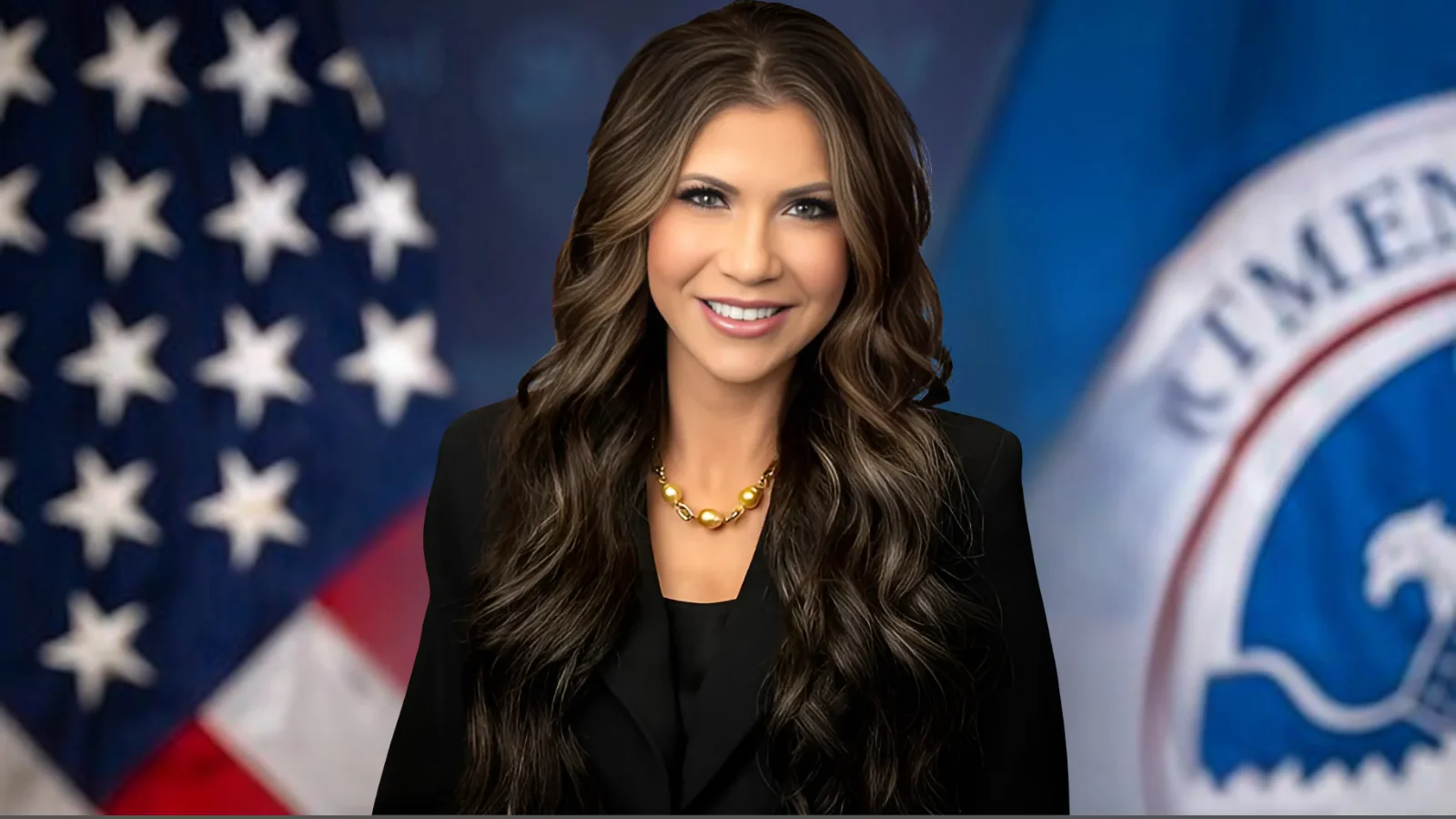On World Day Against Trafficking in Persons, the Department of Homeland Security (DHS) announced new actions targeting criminal human trafficking organizations. The department reported recent enforcement efforts under Secretary Kristi Noem, highlighting operations against major transnational criminal groups and the rescue of trafficking victims.
Officials stated that previous immigration policies had allowed traffickers to exploit border vulnerabilities, leading to the illegal entry of hundreds of thousands of unaccompanied children. According to DHS, since the start of President Trump's administration and with Noem as Secretary, there has been a renewed focus on disrupting human trafficking networks.
"The brave men and women of DHS are the best in the world at going after traffickers. They are always able to track down those who are trafficking individuals, find the ringleaders, and rip that evil off by its head," said Secretary Kristi Noem. "I’m so thankful that I get the chance to lead individuals like that, and agents who get up every day to help save our children and to save women and men from the kind of slavery that we’ve seen."
DHS cited several recent enforcement examples:
- In late July 2025, Operation Apex Predator led by ICE Newark resulted in four arrests of illegal alien child predators.
- On July 23, ICE arrested 243 individuals in Denver, including people wanted for human trafficking and members of groups such as Tren de Aragua, Los Zetas, and Sinaloa Cartel.
- An investigation in Laredo led to a sentence for smuggling over 100 migrants—including children—in a locked trailer.
- In California marijuana facilities on July 10, federal officers rescued at least 14 migrant children from potential exploitation.
- Other cases included indictments for alien smuggling conspiracies involving MS-13 members; sentencing related to sex trafficking organizations; rescues during worksite enforcement; interdiction efforts at sea near Puerto Rico; attempts to smuggle aliens across both southern and northern borders; seizures based on forced labor concerns; and multiple arrests linked with transnational gangs.
DHS also promoted its Blue Campaign as a resource for recognizing signs of human trafficking and reporting suspicious activity.




